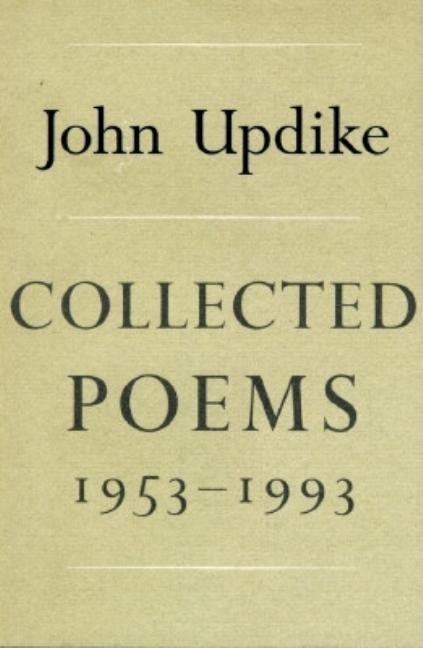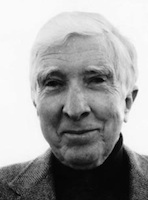Collected Poems: 1953-1993
by John Updike
8 Total Resources 1 State Lists Book Resume View Text Complexity Discover Like Books
Year Published 1993
- Text Complexity
- Lexile Level: Currently Not Available
- ATOS Reading Level: Currently Not Available
- Curricular Area
- English Language Arts
Our Original Resources 4
Story Map Multi-Leveled Lesson
Created by TeachingBooks
Poetry Multi-Leveled Lesson
Created by TeachingBooks
Vocabulary Graphic Organizers
Created by TeachingBooks
Submit Qualitative Text Complexity Rubric
Created by TeachingBooks
Book Guides, Activities & Lessons 2
Story Map Multi-Leveled Lesson
Created by TeachingBooks
Poetry Multi-Leveled Lesson
Created by TeachingBooks
Vocabulary Resources 1
Vocabulary Graphic Organizers
Created by TeachingBooks
If you find a 3rd party resource that isn't accessible to you, please email the name and link of the resource, as well as any details about your needs, to accounts@TeachingBooks.net.
Images courtesy of publishers, organizations, and sometimes their X (formerly Twitter) handles.



